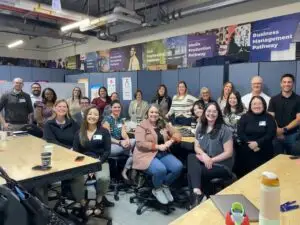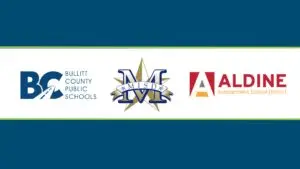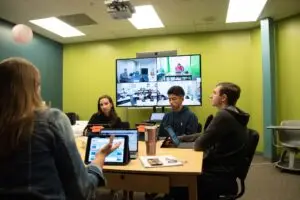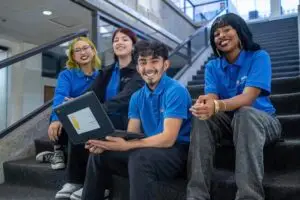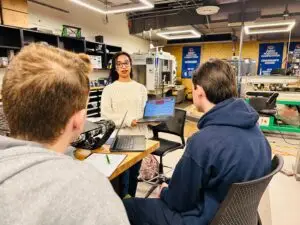INNOVATIVE
SCHOOL SYSTEMS GRANT
SUPPORTING BOLD IDEAS TO TRANSFORM
THE LEARNING EXPERIENCE
The need for systemic, student-centered change could not be greater at this moment. The pandemic exacerbated stark inequities and revealed that students want learning experiences anchored in human connection and self-determination. School systems must help students recover and flourish. It’s past time to prepare this generation of students for a rapidly shifting and complex future. Jobs, climate change, and rising inequality call for a more nimble, relevant, and resilient education system.
In response to this urgent need for systems change, the Center on Reinventing Public Education and the Walton Family Foundation developed the Innovative School Systems Grant (ISSG) to support and learn from districts, charter management organizations, and networks that are on the cusp of breakthrough solutions. This grant provides 11 school systems with funding and resources to pilot, refine, and scale new solutions that aim to make student learning more joyful, individualized, and relevant.
The grantees will participate in a cohort experience that includes in-person and virtual convenings, coaching, and technical assistance. CRPE will learn alongside grantees, leading a learning agenda centered on the barriers and enablers to scaling innovation and producing durable change.
QUICK LINKS
|
|
|
PUBLICATIONS
Reports, blogs, and publications related to our work in systems innovation.
system profiles
Our Innovative School Systems Grant cohort members are pursuing bold solutions to longstanding problems.
PHASE II GRANTEES
Three systems were selected to move on to Phase II of the ISSG program. They will receive an additional $1M each to scale out the bold ideas they fine-tuned in Phase I.
Aldine Independent School District | Aldine, TX
Aldine Project Team
Bullitt County Public Schools | Shepherdsville, KY
Bullitt Project Team
Dr. Lee Barger, Director of College/Career Readiness and Innovative Programming
Mesquite Independent School District | Mesquite, TX
Mesquite Project Team
PHASE I GRANTEES
-
 Aldine Independent School District
Aldine Independent School District
-
 Gwinnett County Public Schools
Gwinnett County Public Schools
-
 Da Vinci Schools
Da Vinci Schools
-
 Mesquite Independent School District
Mesquite Independent School District
-
 Bullitt County Public Schools
Bullitt County Public Schools
-
 Ednovate
Ednovate
-
 McComb School District
McComb School District
-
 St. Paul Public Schools
St. Paul Public Schools
-
 St. Vrain Valley Schools
St. Vrain Valley Schools
-
 Building 21 / Northern Cass School District
Building 21 / Northern Cass School District
-
 Cajon Valley Union School District
Cajon Valley Union School District
Aldine Independent School District | Aldine, TX
- 62,000 students
- 80 schools
- 98% students of color
- 66% students in poverty
Aldine is leveraging its diversity to provide high-quality school options for all students and to create new school options that pilot learner-specific strategies. Aldine will scale its most evidence-based, successful, and universally applicable strategies to other school sites. It will focus on three choice schools and programs already underway: La Promesa, Impact Academy, and its Additional Days School Year (ADSY) program in four elementary schools. Aldine will continue developing learner-specific, accelerated academic instruction and enrichment programs at each of these sites and prepare to scale best practices for district-wide implementation.
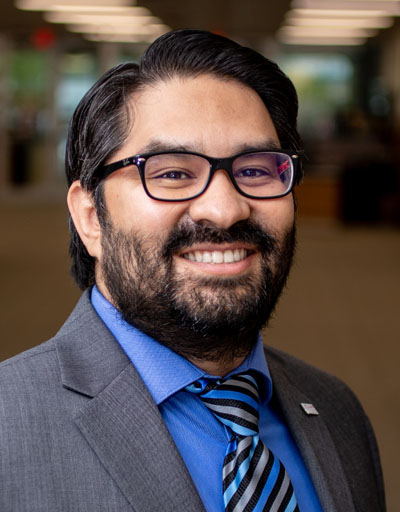 PROJECT LEAD: DR. ADRIAN BUSTILLOS
PROJECT LEAD: DR. ADRIAN BUSTILLOS
Dr. Adrian Bustillos is the chief transformation officer for Aldine Independent School District in Dallas, TX. Dr. Bustillos launched the Office of Transformation in 2019. His role expands great schools and improves access to them. He has led the work in creating new school options, redesigning schools, and additional day school year approach. Dr. Bustillos holds a bachelor’s degree in biological science from the University of Texas-El Paso and a master’s in school leadership. He received his doctorate in curriculum and instruction from New Mexico State University.
Gwinnett County Public Schools | Gwinnett, GA
- 182,000 students
- 142 schools
- 83% students of color
- 55% students in poverty
Gwinnett County is integrating a new learning focus, “AI Future Readiness,” that ensures students are prepared for a technologically advanced future. Future readiness learning connected to a new career pathway in artificial intelligence will be built into Gwinnett’s existing classes and across all subject areas. Seckinger High School, an AI-themed cluster, was the first school to pilot the curriculum and is expected to serve 6,000 students during the 2023-24 school year. Gwinnett will also continue its second year of an AI career technical education pathway and conduct new professional learning pilots for content leaders. This initiative will eventually scale system-wide to all GCPS students, making it one of, if not the largest, AI CTE pathways in the nation.
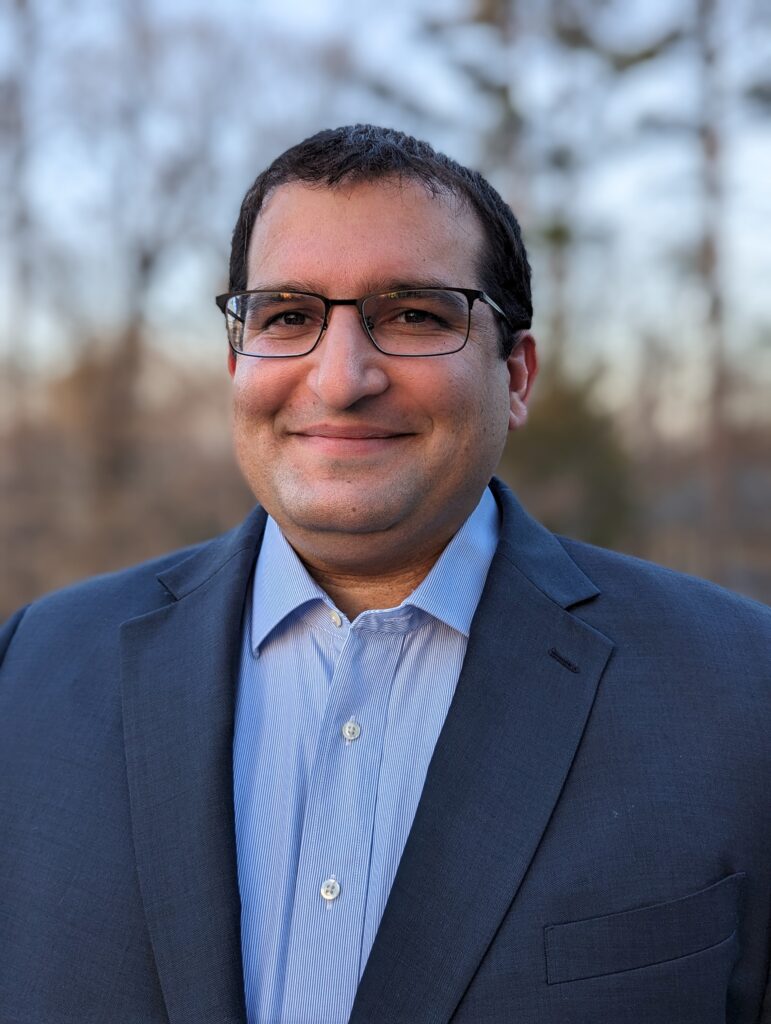 PROJECT LEAD: DR. BABAK MOSTAGHIMI
PROJECT LEAD: DR. BABAK MOSTAGHIMI
Dr. Babak Mostaghimi is an educator and education systems entrepreneur. Babak serves as assistant superintendent of elementary education and student support for Gwinnett County Public Schools, where he focuses on ensuring high-quality student learning experiences, supporting effective innovation, and continuous quality improvement. In Gwinnett, Babak has led the creation of an ecosystem for early learning supporting nearly 60,000 students; the development of a PK-12 AI and future readiness embedded learning model; and continuing instructional improvement for all students. He began his education career as a fifth-grade teacher in Shelby, MS, where he was the 2008 district teacher of the year. He holds a doctorate in education leadership and a master’s in public policy from Harvard University, and a bachelor’s degree from Johns Hopkins University.
Da Vinci Schools | El Segundo, CA
- 2,663 students
- 5 schools
- 81% students of color
- 38% students in poverty
Da Vinci is launching Project Leo, an open-source, project-based learning platform that leverages Chat GPT to generate project ideas aligned with students’ interests. Project Leo also connects students and teachers to working professionals, enabling them to get feedback from experts and build professional social capital. Project Leo is available to all Da Vinci Schools and their Los Angeles partner schools. Approximately 60 Da Vinci teachers serving different grade levels, content areas, and school sites will use Project Leo in classrooms.
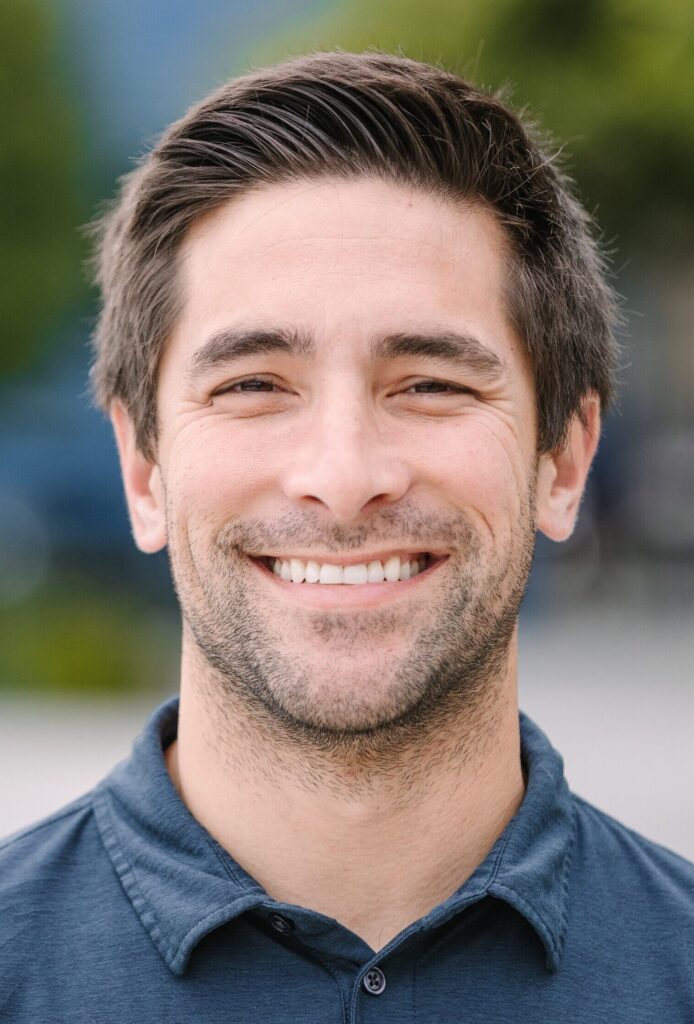 PROJECT LEAD: STEVE ENO
PROJECT LEAD: STEVE ENO
Steve Eno is the director of Project Leo and has been an educator for 12 years. He launched the engineering program at El Segundo High School and was the teacher of the year in 2014-2015. During this time, Steve launched his first startup, Eno Software, to build mastery-based grading tools for the Loyola Marymount Center for Math and Science Teaching. After moving to Maryland, he launched the SEED (Social Entrepreneurship, Engineering, and Design) Program at the McDonogh School. He home-schooled his three boys for a year while building his second start-up, Impact Connections, which helped families build community learning pods during the pandemic. Steve then joined multiple education start-ups, including Spike Lab, Synthesis, and 2Sigma School. He joined Da Vinci Schools as the mechanical engineering pathway coordinator for Da Vinci Science and now leads the Project Leo Initiative.
Mesquite Independent School District | Mesquite, TX
- 38,500 students
- 50 schools
- 89% students of color
- 54% students in poverty
Mesquite sees a need to better support students’ holistic development, social-emotional well-being, and learning gaps after the pandemic. To address this, Mesquite will scale AYO (named for an African word meaning “great joy”), a data-driven, interactive learning platform that uses artificial intelligence to generate a comprehensive profile of students’ passions, aptitudes, and growth. Using algorithms, AYO recommends activities, opportunities, and other academic resources aligned to each student’s interests. AYO is available to all Mesquite schools, but five pilot campuses will have concentrated support. Each campus can customize AYO to the unique needs of its student population.
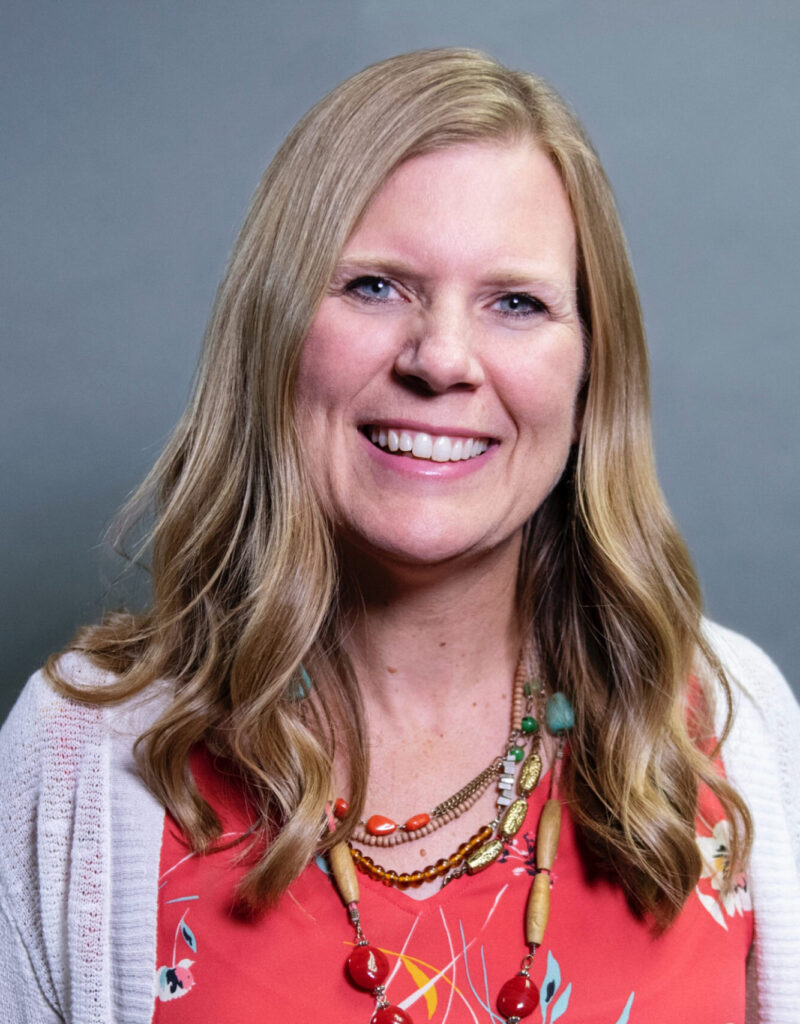 PROJECT LEAD: CARA JACKSON
PROJECT LEAD: CARA JACKSON
Cara Jackson, a visionary educator with over two decades of experience, is a passionate advocate for innovative teaching. A proud Mesquite ISD product, Cara’s journey began at Pirrung Elementary, where she excelled as an educator and later became principal, fostering a culture of growth and technology integration. As the district’s first chief technology officer since 2021, she works to ensure technological advancements and equitable opportunities for all. Cara’s pursuit of excellence and commitment to empowering educators and students make her a transformative leader.
Bullitt County Public Schools | Shepherdsville, KY
- 13,260 students
- 25 schools
- 14% students of color
- 49% students in poverty
The current state assessment system in Bullitt County offers a single source of information that fails to align with our community’s values and restricts teachers from delivering authentic assessments capable of inspiring a passion for learning. To address this, Bullitt County is building a competency-based assessment system that reframes assessment as a “learning journey” and not a final destination. This new system will evolve instructional practices and teacher use of assessments, allow students to demonstrate mastery in new ways, and shift how the community views successful schooling. Bullitt County will support teachers and schools to create local assessment measures grounded in a district-wide benefits mindset, and connect them to high-quality pedagogical practices. Over the next year, Bullitt will:
- Train a new cohort of around 100 teachers in BCPS’s competencies and innovative teaching practices
- Help previously trained teachers to create performance indicators and serve as lab host classroom teachers.
- Pilot their assessment model in at least one school.
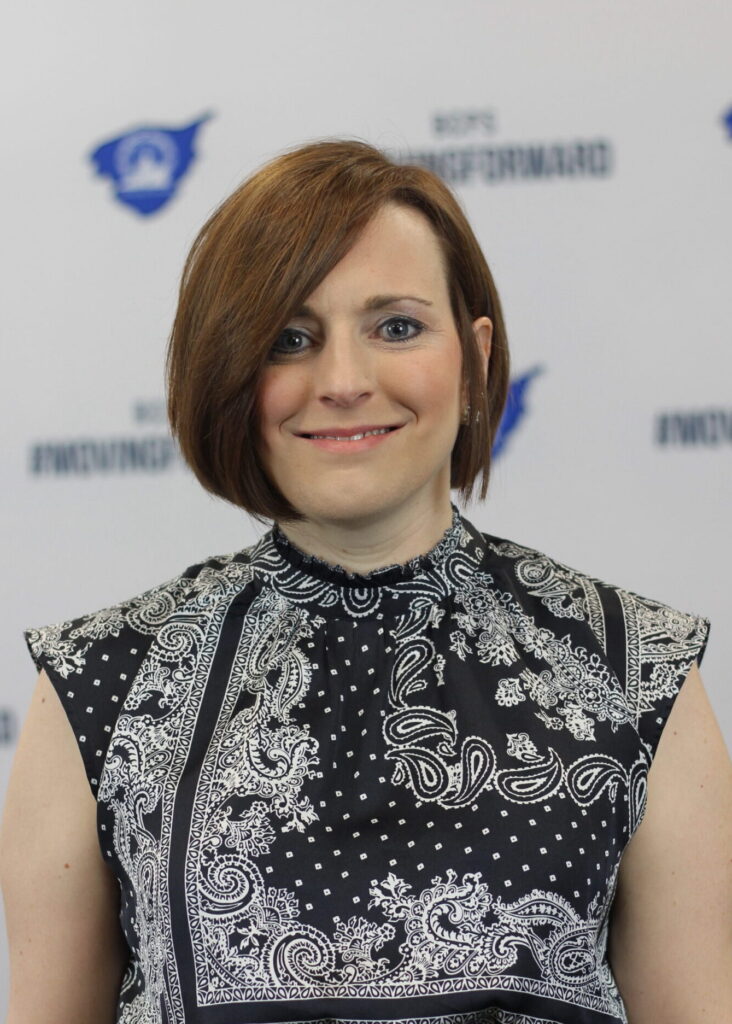 PROJECT LEAD: ADRIENNE USHER
PROJECT LEAD: ADRIENNE USHER
Adrienne Usher has spent over two decades in education and currently serves as assistant superintendent in Bullitt County Public Schools. Dr. Usher oversees school principals, instructional and assessment programming, school counseling, site-based decision-making councils, technology, federal programs, grants, and human resources. She evaluates federal, state and local legislation and regulations to ensure compliance, and she is the superintendent’s frontline advocate for strategy initiatives, continuous improvement efforts, and consultation. Adrienne previously served as a teacher, school counselor, instructional coach, principal, and district administrator prior to her present role in Kentucky and Tennessee..
Ednovate | Los Angeles, CA
- 2,500 students
- 6 schools
- 98% students of color
- 85% students in poverty
Ednovate is redesigning their current high school report card into the Whole Child Report Card. This report card will reflect what parents and students want most out of high school: “to be intellectually curious, to be kind to themselves and others, and to find one’s passions and purpose in life.” It rethinks traditional standards by prioritizing mastery, college rigor, self-regulation, positive multigenerational change, critical thinking, and presence. For the past 10 years, Ednovate has been building up to this work by changing expectations for college readiness, increasing focus on SEL practices, and more. In the 2023-24 school year, Ednovate will roll out the Whole Child Report Card to their whole network, reaching approximately 2,575 students. This first year will be focused on developing SEL metrics and increasing parents’ access to the tool.
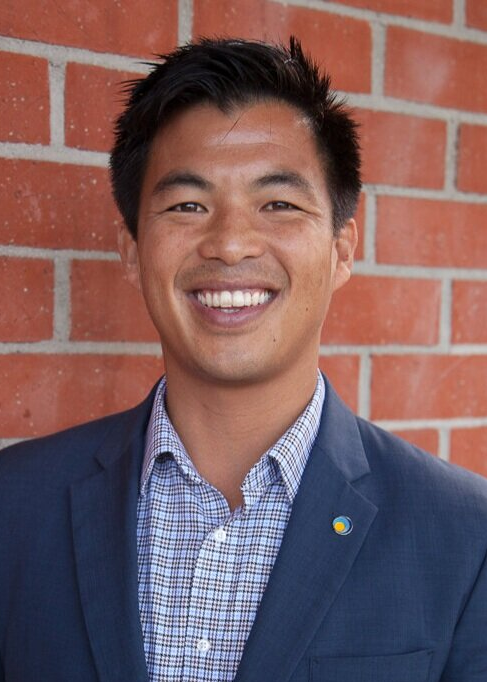 PROJECT LEAD: OLIVER SICAT
PROJECT LEAD: OLIVER SICAT
Oliver Sicat is the CEO of Ednovate, a fast-growing high school charter management organization founded in partnership with the University of Southern California that is working to change our nation’s high school report card. Previously, Oliver was the chief portfolio officer in the Chicago Public Schools, founding principal of UIC College Prep with the Noble Network of Charter Schools, and a math teacher in Roxbury, MA, recognized as the Boston Public Schools teacher of the year in 2006. In 2002, Oliver also founded his first college preparatory nonprofit, Emagine. He is a graduate of USC and received his master’s degree from Harvard University. He is a Pahara-Aspen fellow, a Broad Academy fellow at Yale School of Management, YPO member, USC AAPA Alumni Board member, and co-board president of the Los Angeles Coalition of Excellent Public Schools. He is a husband, father, TEDx speaker, marathon runner, Pelontoner, average golfer, and a retired nacho blogger.
McComb School District | McComb, MS
- 2,200 students
- 8 schools
- 90% students of color
- 73% students in poverty
McComb has developed the DEEDS (Discover, Examine, Engineer, Do, and Share) instructional framework to reverse student disengagement. This system emphasizes the need to take students’ learning back to the district and community. Students will use the framework to solve specific challenges in their community. The framework consists of four essential components: strengthening literacy and numeracy skills, exposure to employment opportunities, SEL practices, and review of personal growth data. McComb plans on conducting a cross-district pilot to redesign their elementary, middle, and high schools using the DEEDs framework, consisting of six-week “action and reflection” cycles involving six teachers and their students.
 PROJECT LEAD: ROBERT LAMKIN
PROJECT LEAD: ROBERT LAMKIN
Robert Lamkin is currently the assistant superintendent of curriculum and instruction at the McComb School District and previously served as the instructional lead learner/principal of McComb High School for nine years. During his tenure, he improved the school’s academic performance from an F rating to a C rating and improved the overall graduation rate. Mr. Lamkin has received numerous awards and honors, including administrator of the year for McComb School District in 2017. He is also a member of several educational associations and received the NAACP educator of the year award for McComb in 2021-2022. Additionally, he is a proud member of Omega Psi Phi Fraternity, Inc. He received his bachelor’s degree from Jackson State University in 1997 and a master of music education degree from the University of Southern Mississippi in 2001. He later earned a specialist degree in educational leadership from the University of Southern Mississippi in 2011 and is currently pursuing a doctorate in educational research, evaluation, statistics, and assessment.
St. Paul Public Schools | St. Paul, MN
- 33,110 students
- 69 schools
- 77% students of color
- 71% students in poverty
St. Paul seeks to establish new schools that partner with community-based organizations and experts to teach accurate culture, history, and language for their students of color in a a way that affirms their identities and lived experiences. They will launch and study two new schools serving the Hmong and East African communities. St. Paul will launch a fourth culturally affirming school centered on the East African community in fall 2023. These four culturally affirming schools will serve a combined 1,500 preK-8 students, 95% of whom are students of color. The district seeks to learn from and with their culturally affirming schools to identify curriculum and materials, instructional practices, and school-wide supports and partnerships to support students.
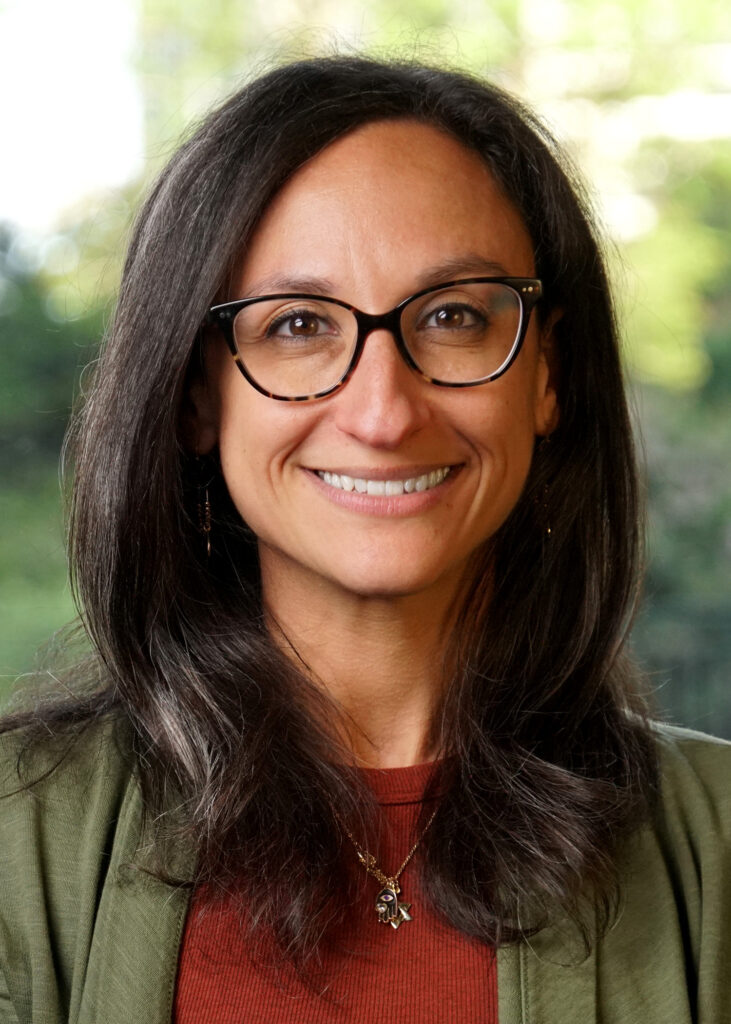 PROJECT LEAD: LEAH COREY
PROJECT LEAD: LEAH COREY
Leah Corey is a public education leader with nearly 15 years’ experience successfully leading adults through transformational change. She has served large public school districts and nonprofits in Illinois and Minnesota and currently serves as a director of innovation for St. Paul Public Schools. In this role, she oversees organization-wide strategic planning, project management, fund development, and grants management. One of her main projects is supervising the district’s American Rescue Plan funds. Her formal training is in school social work and educational leadership. She maintains K-12 administration and social work licenses with the Minnesota Department of Education and a clinical social work license with the Minnesota Board of Social Work.
St. Vrain Valley Schools | Longmont, CO
- 32,600 students
- 55 schools
- 39% students of color
- 32% students in poverty
St. Vrain has launched AGILE (Advanced Global Interactive Learning Environments), a virtual system for high school students to take synchronous online courses as part of their broader vision for student-centered, personalized learning through customizable “playlists.” They are exploring extending AGILE to students in other rural Colorado districts, allowing students statewide access to a wide range of courses in hybrid and fully remote configurations. In 2023-24, the AGILE program will offer 17 high school courses taught by teachers from seven of the district’s eight high schools and the district’s Innovation Center.
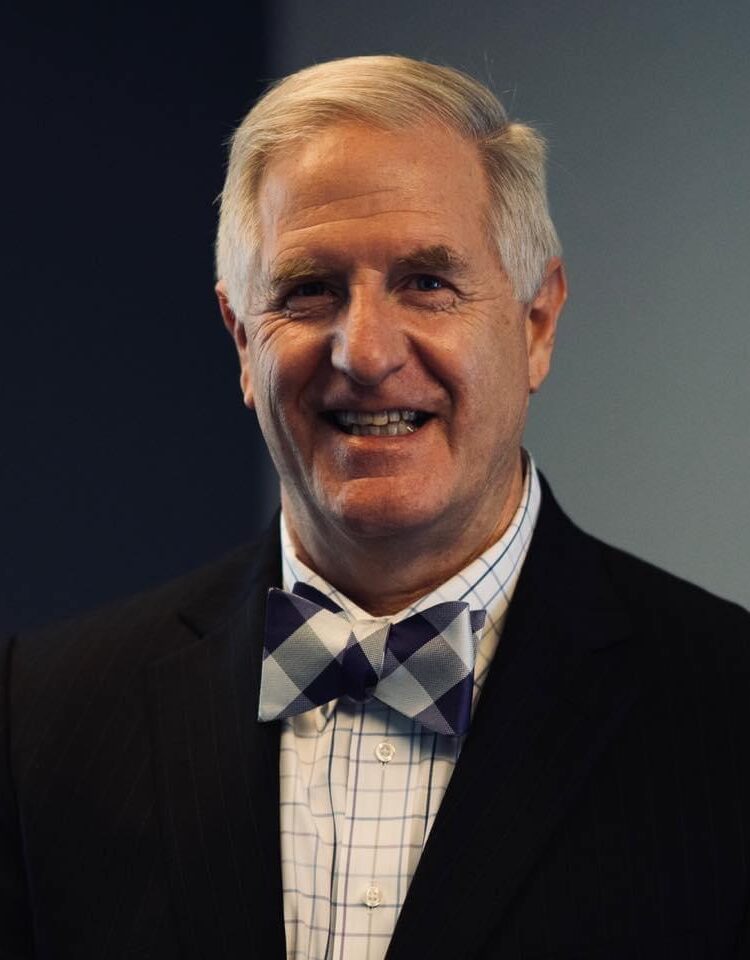 PROJECT LEAD: KAHLE CHARLES
PROJECT LEAD: KAHLE CHARLES
Kahle Charles is the assistant superintendent of assessment, curriculum, and instruction at the St. Vrain Valley School District. In this role, he collaborates closely with principals, school teams, professional development, and instructional technology departments to address curriculum-related matters, facilitate implementation, and enhance instruction.
Over the past 12 years, Mr. Charles has worked to equip students and teachers with the necessary digital tools for learning. During that time, the St. Vrain Valley School District was named the top district in the nation for digital curriculum and implementation strategies by the Learning Council and received the CoSN Team Award and the ISTE Distinguished District Award. In 2021, Ed Tech Digest named Mr. Charles one of the top 15 school leaders, and in 2022, he was a finalist for the Ed-Tech Allstar award by the RTM Business Group. This year, Ed Tech Digest named him as a distinguished school trendsetter.
Building 21 / Northern Cass School District | Philadelphia, PA / Hunter, ND
- 700 students
- 3 schools
- 2% students of color
- 9% students in poverty*
Building 21, a nonprofit focused on promoting competency-based learning, is collaborating with Northern Cass School District in a pilot initiative. Their goal is to establish how competency portfolios can replace the Carnegie unit, enabling anytime, anywhere learning. Building 21 will co-create and test a new learning management system (Beacon), competency tracking platform, and teacher coaching model. They will work closely with pilot sites at varying transformation stages, providing resources, tools, coaching, feedback sessions, collaborative design sessions, and professional development. Their goal is to develop resources for scaling their work to transform similar and larger districts and schools.
*figures for NCSD, specifically
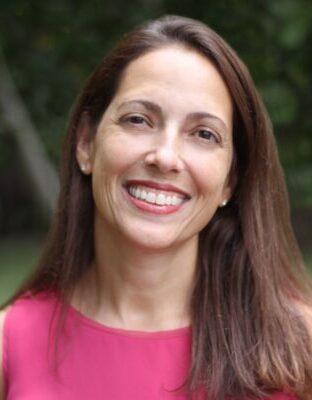 PROJECT LEAD: SANDRA MOUMOUTJIS
PROJECT LEAD: SANDRA MOUMOUTJIS
Sandra Moumoutjis is the executive director of Building 21’s Learning Innovation Network, which is designed to grow and support schools districts as they transition to personalized and competency-based education. Over the past two years, Sandra has grown the Learning Innovation Network to include 47 schools and programs across 17 states, Washington, D.C., and Montreal.
Sandra is the lead designer of Building 21’s Competency Framework and studio instructional model, and has supported the design of the competency tracking platform and data dashboard systems. She is a regular presenter at the Aurora Symposium and she authored a blog series for CompetencyWorks. Sandra has been with Building 21 for ten years and was part of the founding team that opened two lab schools in Philadelphia and Allentown. Prior to Building 21, Sandra was a teacher, K-12 reading specialist, literacy coach, and educational consultant in districts across the country.
Cajon Valley Union School District | El Cajon, CA
- 14,800 students
- 27 schools
- 55% students of color
- 69% students in poverty
Cajon Valley is envisioning a new competency-based student data and assessment system that focuses on a student’s well-being and gainful employability. This builds on the district’s previous emphasis on career-connected learning and social-emotional learning. The system will anchor in the district’s Portrait of a Graduate. About 60 teachers from diverse grade levels, content areas, and school sites will pilot the development and implementation of competencies aligned to Portrait of a Graduate in their classrooms.
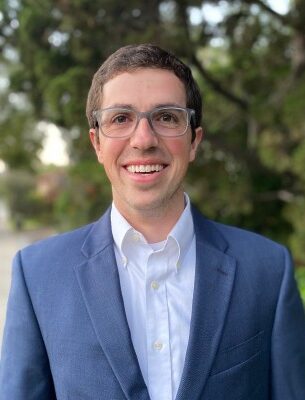 PROJECT LEAD: CHRIS COLLINS
PROJECT LEAD: CHRIS COLLINS
After starting his career teaching middle school math, Chris became a world of work coach in Cajon Valley, where he trained teachers to transform their classrooms into career development hubs. Currently, Chris uses data to help ensure access to gainful employment for all students.
coaches
CRPE is partnering with four veteran public education leaders to coach and support grantees' growth and impact.
- Dr. Valerie Bridges
- Sujata Bhatt
- Dr. Sharon L. Contreras
- Alissa Peltzman
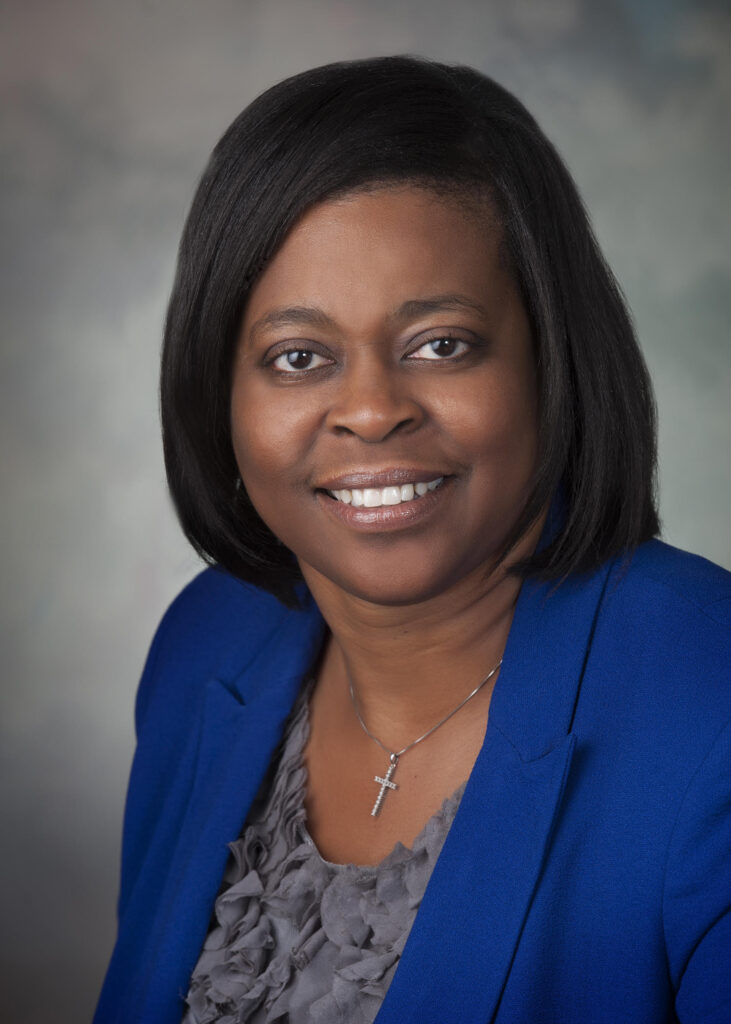 Dr. Valerie Bridges recently retired after serving as superintendent of Edgecombe County school district since 2017. After being named superintendent, she quickly implemented changes to foster inclusion and positivity. Her efforts led to a 70% increase in district schools meeting or exceeding growth requirements. As the assistant superintendent, she and her leadership team moved Edgecombe County Public Schools out of low performance status. Under her leadership, Edgecombe County Public Schools has seen marked improvement in overall learning through the microschool concept—a holistic approach for the individual student to receive constant oversight and support. The education community has recognized the continued improvement of the district during her tenure.
Dr. Valerie Bridges recently retired after serving as superintendent of Edgecombe County school district since 2017. After being named superintendent, she quickly implemented changes to foster inclusion and positivity. Her efforts led to a 70% increase in district schools meeting or exceeding growth requirements. As the assistant superintendent, she and her leadership team moved Edgecombe County Public Schools out of low performance status. Under her leadership, Edgecombe County Public Schools has seen marked improvement in overall learning through the microschool concept—a holistic approach for the individual student to receive constant oversight and support. The education community has recognized the continued improvement of the district during her tenure.
Dr. Bridges earned a BS degree in accountancy from UNC Wilmington, an MBA from Meredith College, teacher certification from St. Augustine’s College in Raleigh, and a master’s degree in school administration and a PhD in educational research and leadership from North Carolina State University in Raleigh, NC.
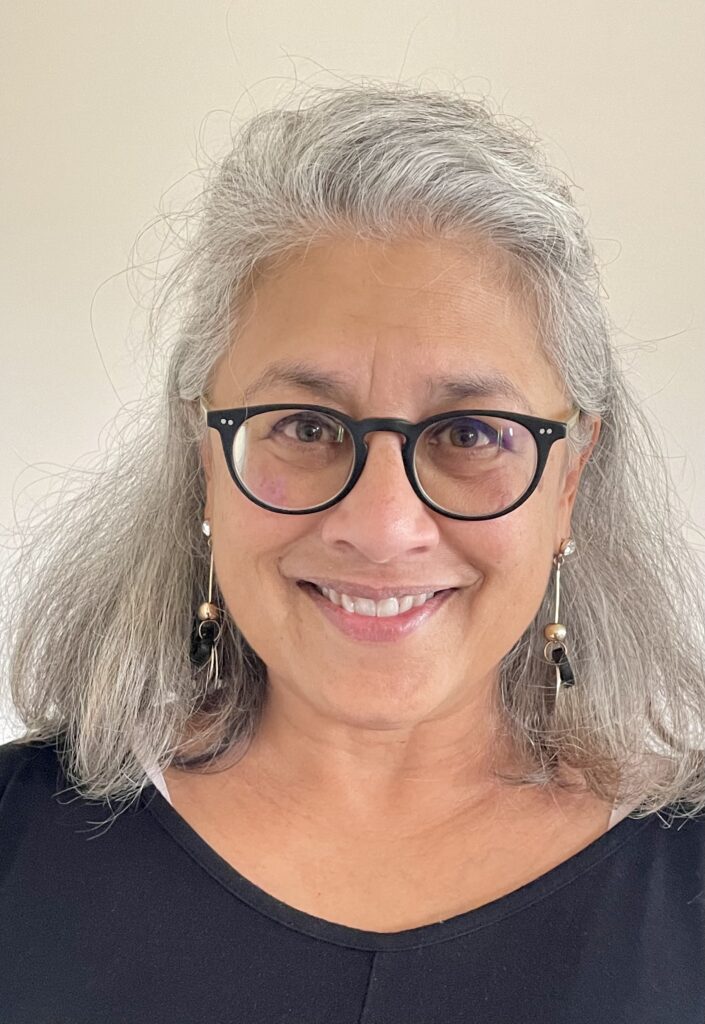 For over two decades, Sujata G. Bhatt has advocated and designed for educational equity and innovation. She recently launched Incubate Learning, an online learning community and consultancy that helps individuals, teams, organizations, and ecosystems understand their strengths and grow human competence in rapidly shifting environments. At the University of Pennsylvania Graduate School of Education, she has led and taught in the capstone for the world’s first education entrepreneurship program. She serves on the boards of the Mastery Transcript Consortium, Red Bridge, and the New Teacher Center. She is a frequent contributor to national publications and conferences, and is currently co-authoring a book on mastery-based learning with Tony Wagner and Ulrik Christensen. Sujata received her BA in history from the University of Pennsylvania, an MA in medieval history from the University of Michigan, Ann Arbor, and was a junior fellow at the Society of Fellows at Harvard. Sujata is also Social Entrepreneur in Residence for Ward Infinity at Johns Hopkins University & Medicine.
For over two decades, Sujata G. Bhatt has advocated and designed for educational equity and innovation. She recently launched Incubate Learning, an online learning community and consultancy that helps individuals, teams, organizations, and ecosystems understand their strengths and grow human competence in rapidly shifting environments. At the University of Pennsylvania Graduate School of Education, she has led and taught in the capstone for the world’s first education entrepreneurship program. She serves on the boards of the Mastery Transcript Consortium, Red Bridge, and the New Teacher Center. She is a frequent contributor to national publications and conferences, and is currently co-authoring a book on mastery-based learning with Tony Wagner and Ulrik Christensen. Sujata received her BA in history from the University of Pennsylvania, an MA in medieval history from the University of Michigan, Ann Arbor, and was a junior fellow at the Society of Fellows at Harvard. Sujata is also Social Entrepreneur in Residence for Ward Infinity at Johns Hopkins University & Medicine.
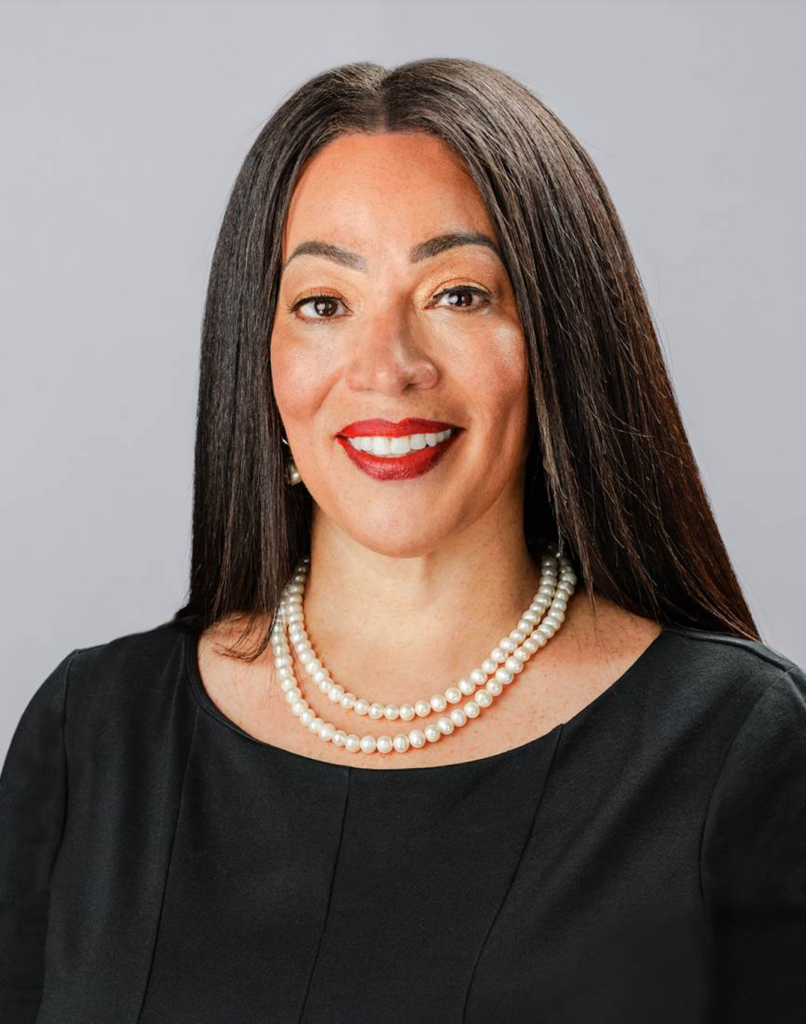 Dr. Sharon L. Contreras is the CEO of The Innovation Project (TIP) in North Carolina. Since Dr. Contreras has taken the helm, district membership, programming, partnerships and funding have grown significantly. She also serves on the board of Code.org and is a chief in residence for Chiefs for Change. Dr. Contreras serves on the executive committee for the Council of the Great City Schools and chairs the Council’s Taskforce on Black and Latina Young Women and Girls. She has held two superintendencies: one urban (Syracuse City Schools, NY) and one countywide district (Guilford County Schools, NC). Dr. Contreras is known across the nation for successfully implementing policies and strategies aimed at closing achievement gaps and improving life outcomes for all students. She holds a PhD and MS from the University of Wisconsin-Madison and a MA, MAT, and BA from Binghamton University (NY).
Dr. Sharon L. Contreras is the CEO of The Innovation Project (TIP) in North Carolina. Since Dr. Contreras has taken the helm, district membership, programming, partnerships and funding have grown significantly. She also serves on the board of Code.org and is a chief in residence for Chiefs for Change. Dr. Contreras serves on the executive committee for the Council of the Great City Schools and chairs the Council’s Taskforce on Black and Latina Young Women and Girls. She has held two superintendencies: one urban (Syracuse City Schools, NY) and one countywide district (Guilford County Schools, NC). Dr. Contreras is known across the nation for successfully implementing policies and strategies aimed at closing achievement gaps and improving life outcomes for all students. She holds a PhD and MS from the University of Wisconsin-Madison and a MA, MAT, and BA from Binghamton University (NY).
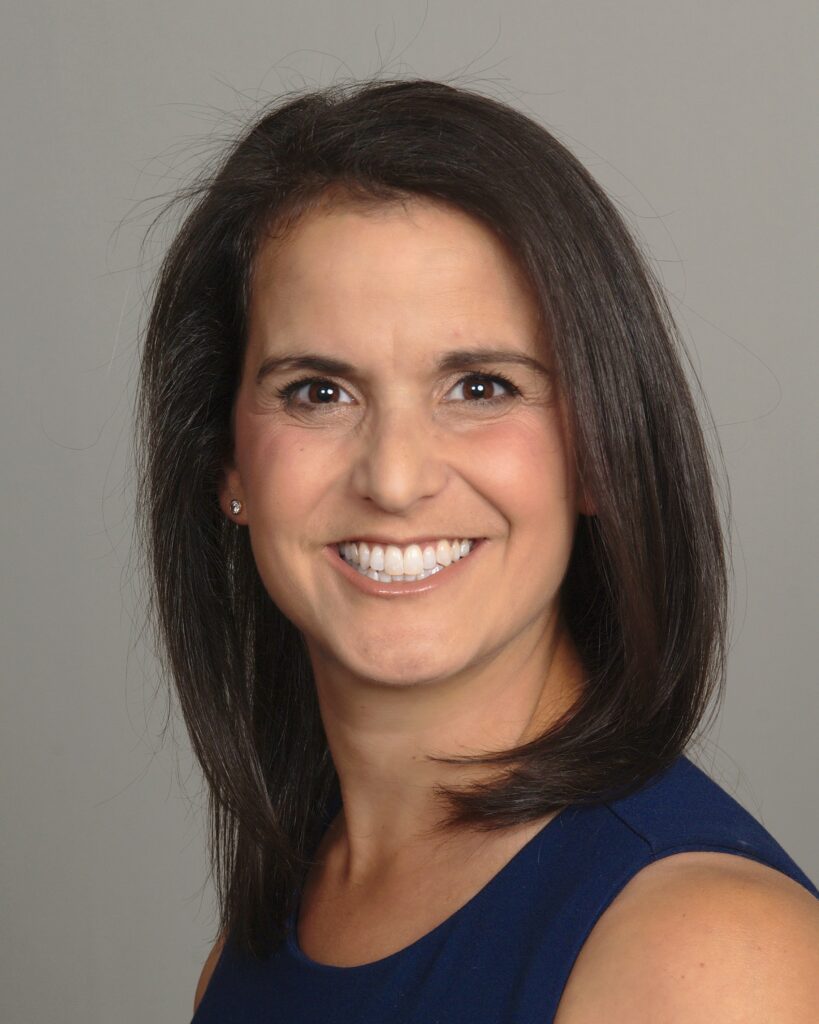 Alissa Peltzman is an independent consultant who collaborates with high-impact partners on strategic initiatives, grounded in the belief that all students deserve college- and career-ready expectations. Alissa has worked with education leaders across sectors and states to close expectation and preparation gaps. She actively supports policy and strategy development and implementation, working with organizations including the Aspen Institute, the Council of Chief State School Officers, Education First Consulting and Education Strategy Group. Alissa earned an EdM in leadership, policy and politics at Teachers College, Columbia University and a BA from Washington University in St. Louis.
Alissa Peltzman is an independent consultant who collaborates with high-impact partners on strategic initiatives, grounded in the belief that all students deserve college- and career-ready expectations. Alissa has worked with education leaders across sectors and states to close expectation and preparation gaps. She actively supports policy and strategy development and implementation, working with organizations including the Aspen Institute, the Council of Chief State School Officers, Education First Consulting and Education Strategy Group. Alissa earned an EdM in leadership, policy and politics at Teachers College, Columbia University and a BA from Washington University in St. Louis.
resources
Is your system prepared for durable change? Use this rubric for evaluation and reflection.
Tools developed by our Phase I grantees to assist other leaders pursuing systemic change.
Contributors
We wish to extend special thanks to the Walton Family Foundation and the Carnegie Corporation of New York for supporting this project.



